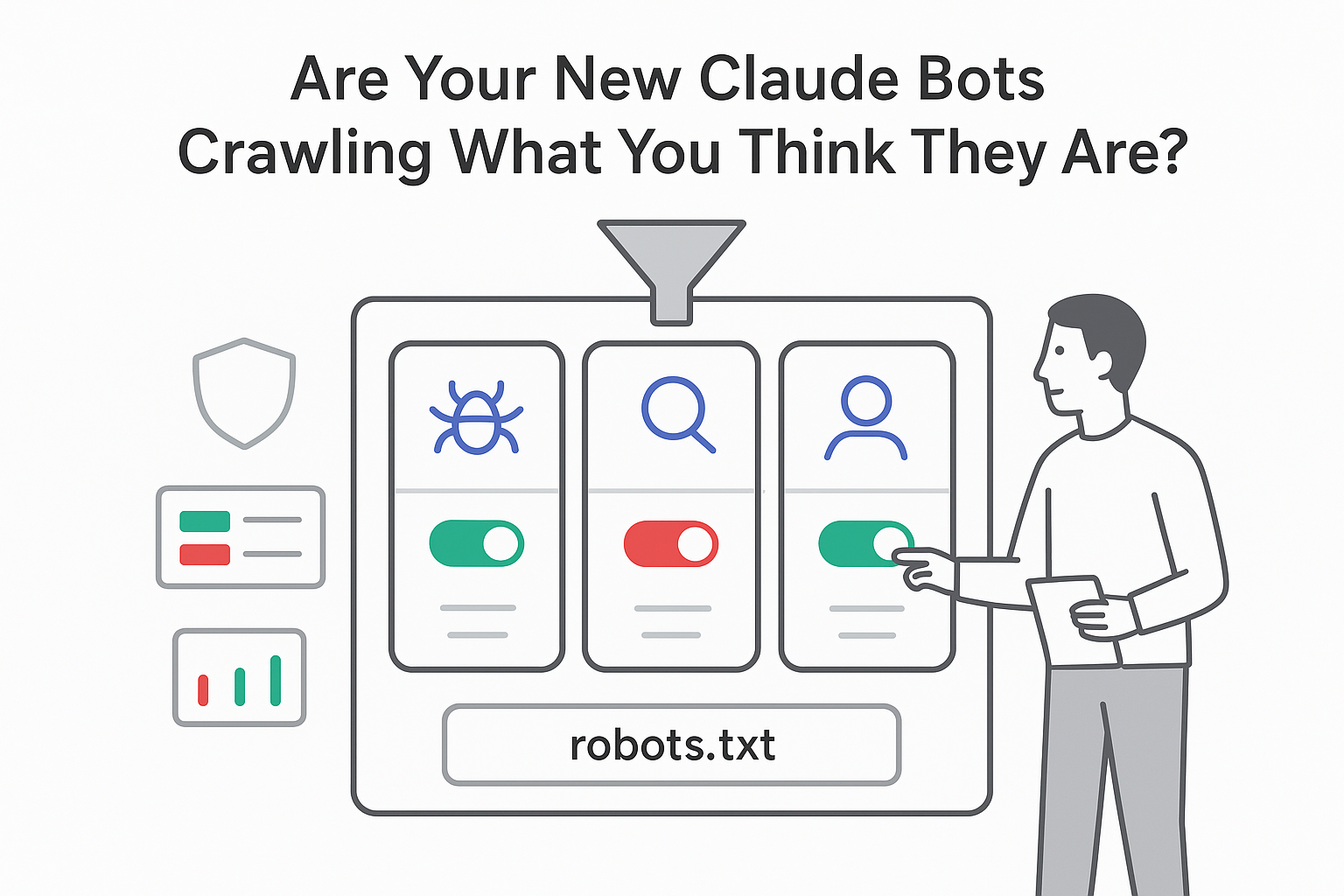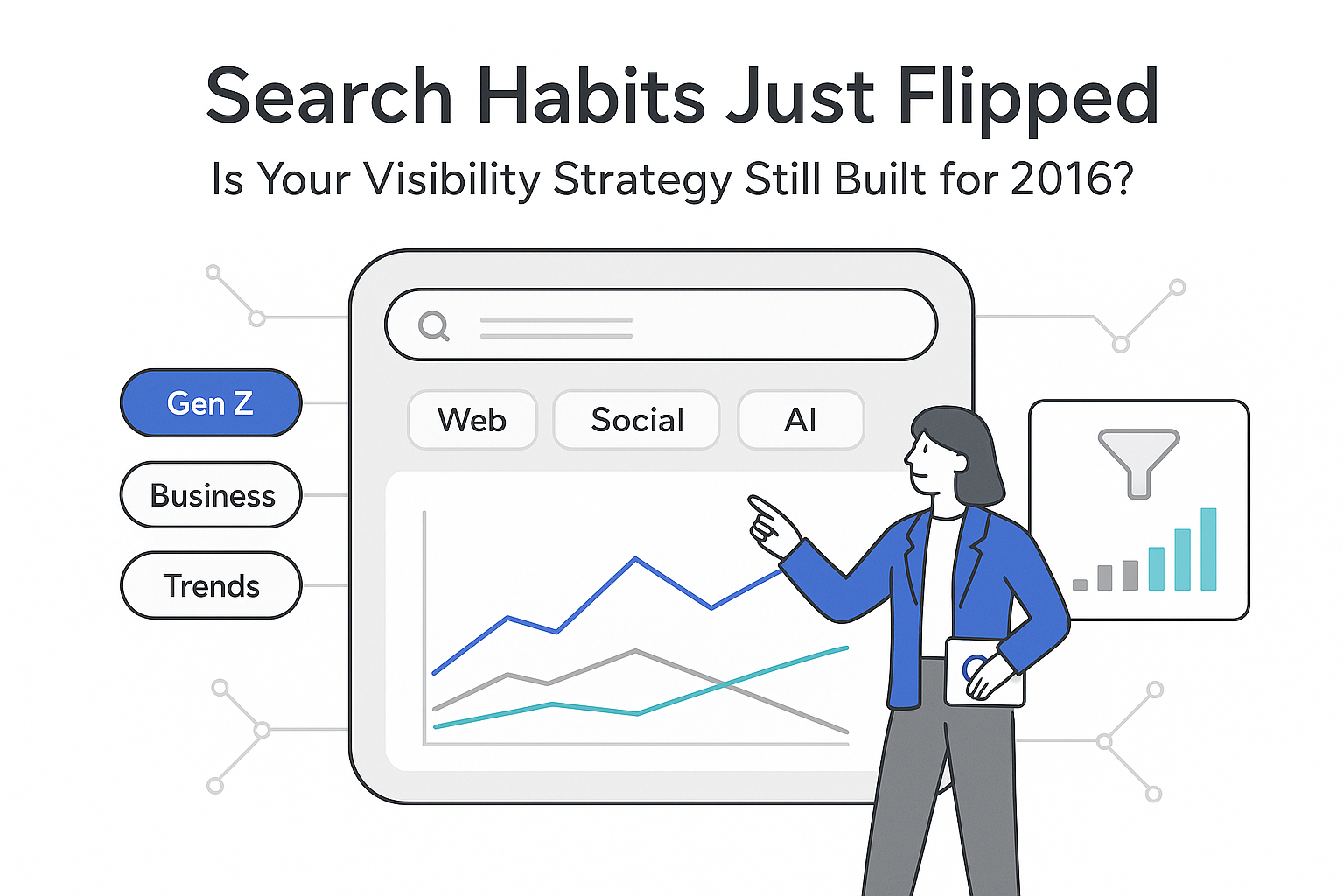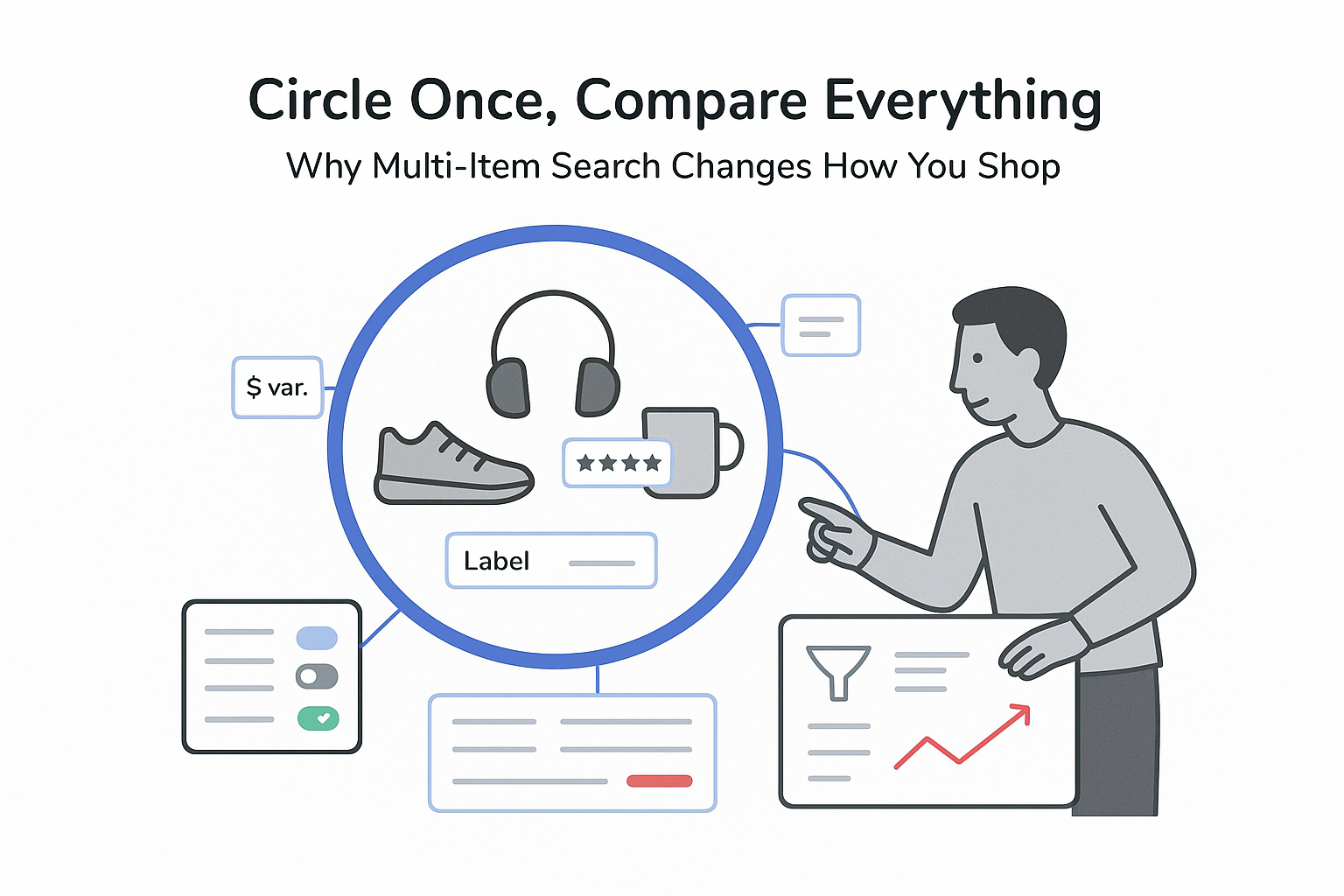DigitalPlat, a nonprofit organization, has launched FreeDomain, a program offering free subdomains. The project is live on the organization's site and a public GitHub repository, with documentation covering registration, domain choices, and DNS configuration.

Key details
- FreeDomain is published on GitHub - see the FreeDomain repository.
- Code and documentation are licensed under AGPL-3.0, as noted in the repository.
- Available subdomains: dpdns.org, us.kg, qzz.io, and xx.kg.
- Recommended no-cost DNS providers: Cloudflare, FreeDNS by Afraid.org, and Hostry.
- Step-by-step registration and domain request instructions are available here.
- Sponsors listed on the DigitalPlat website include 1Password, The Hack Foundation, Twilio, GitHub, and Cloudflare.
- Donations are processed via The Hack Foundation's platform - see the donation page.
How it works
FreeDomain provides subdomains under existing second-level domains, not new top-level domains. Users request a subdomain, then configure DNS records through third-party providers with free plans, as recommended in the repository.
Getting started
Account creation and domain request steps are documented in the GitHub materials. Begin with the repository overview and follow the registration tutorial available here. The full project documentation and updates are maintained in the FreeDomain repository.
Governance and sponsorship
DigitalPlat describes fiscal sponsorship and oversight by The Hack Foundation. The donation page states:
All funds are supervised and managed by The Hack Foundation, and are strictly regulated in compliance with US IRS guidance and legal requirements under section 501(c)(3).
More background on the sponsor is available on The Hack Foundation website, and DigitalPlat's sponsor list is on its homepage. Donations can be made via the program's donation page.
Why it matters
Free subdomains can lower the barrier for small teams and community projects to launch sites for campaigns, prototypes, and testing. Because these are subdomains, branding and trust considerations may differ from custom domains, but the no-cost option helps speed up experimentation and reduce overhead.








.svg)